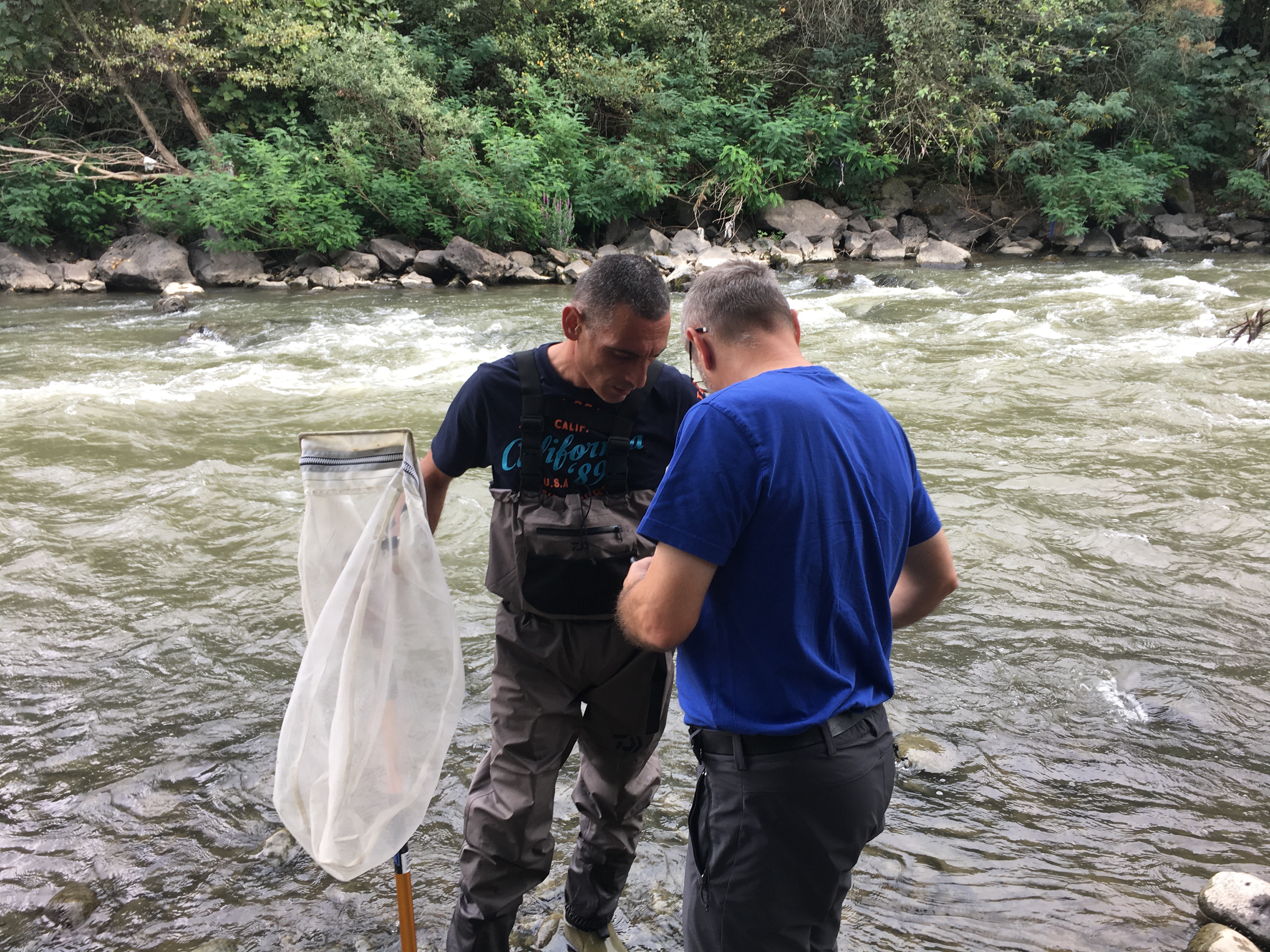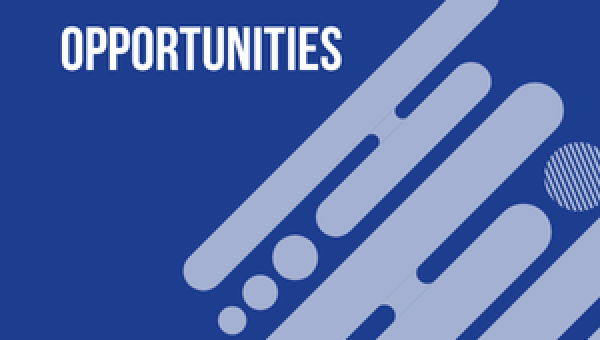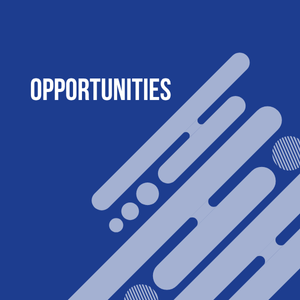- Country: Regional
- Component: Water resources
- Activities : Water resources : Water governance
News
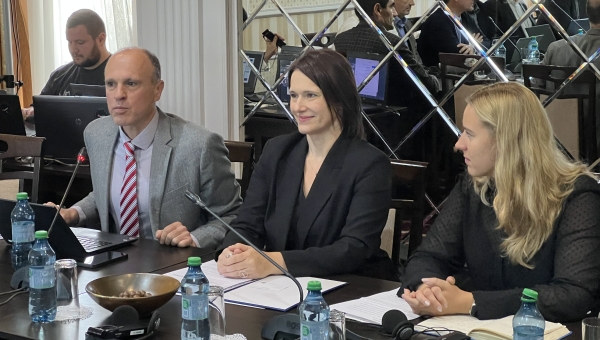
- Country: Regional
- Component: Water resources
Picture: Ministry of Environment of the Republic of Moldova.
Government officials and experts from Armenia, the Republic of Moldova, and Ukraine gathered in Chisinau for a two-day workshop on 15 and 16 October 2025. Together, they launched national coordination platforms (NCPs) for implementing the EU Water Framework Directive (WFD). Being a cornerstone of EU environmental policy, this directive sets a framework to protect and improve water quality and quantity.
The workshop was hosted by the Ministry of Environment of the Republic of Moldova in conjunction with the regional “European Union for Green Recovery East” programme. This event gathers national authorities responsible for water monitoring and management in the participating countries. The participants also include representatives of the European Union Delegation to Moldova, the Environment Agency Austria (UBA), and the International Office for Water (OiEau) of France.
The opening remarks were delivered by Franciska Kirkegaard Flugt, the EU Delegation's representative to the Republic of Moldova, and Aliona Rusnac, the Ministry of Environment's State Secretary. Gerhard Pulfer, the EU4Green Recovery East programme lead, also gave a speech.
Country coordination platforms for cleaner and more resilient water systems
The NCPs will improve cooperation among national institutions producing water-related data and policies. They will bring together ministries, hydrometeorological services, river basin authorities, and research institutions. These platforms will help Armenia, Moldova and Ukraine to plan and implement water monitoring and management systems that alignwith EU standards. They will complement existing National Policy Dialogues on water (NPDs), supported by the European Union over the last decade.
NCPs will include thematic expert groups focusing on specific topics. This thematic approach allows to streamline work across relevant institutions. In such a way, they will offer to users better water-related information and data. This will also help to identify the most effective ways to protect and improve water resources.
Practical Examples from Austria and France
Experts from Austria and France shared practical examples of how coordination mechanisms within the EU’s Water Framework Directive have strengthened data integration. They discussed how these mechanisms have supported evidence-based policymaking, ultimately improving the quality of Europe’s rivers and lakes for the benefit of people and ecosystems.
Advancing water reforms through national commitment and EU support
The EU4Green Recovery East programme builds on earlier EU initiatives. These include EU4Environment - Water and Data (2021-2024) and EUWI+ (2016-2020). These programmes helped modernise water monitoring networks and prepare river basin management plans across the Eastern Partnership countries.
The EU4Green Recovery East programme ensures the sustainability of previous investments in water monitoring and river basin planning. In such a way, the programme enables long-term alignment with the EU environmental legislation and better water quality.
As EU candidate countries, Moldova and Ukraine, actively advance legal and institutional reforms in line with EU standards. Armenia, through its partnership agreement with the EU, has also demonstrated strong commitment to environmental alignment.
Read the article on the Ministry of Environment of the Republic of Moldova website (in Romanian): https://mediu.gov.md/en/node/5505
About EU4Green Recovery East
The EU4Green Recovery East programme (2025–2028) supports the countries of the EU’s Eastern Partnership in their transition towards greener, more resilient economies. With EU funding of EUR 21.3 million, it focuses on five areas: (1) circular economy, (2) water management, (3) legal approximation to EU environmental law, (4) environmental data integration, and (5) transboundary cooperation. Implemented by a consortium led by the Environment Agency Austria (UBA) with OiEau, Expertise France, UNECE, OECD, and UNIDO, the programme builds on a decade of EU investments in the region.
This article was produced with the financial support of the European Union. The contents are the sole responsibility of the EU4Green Recovery East consortium and do not necessarily reflect the views of the European Union or the Governments of the Eastern Partnership countries.
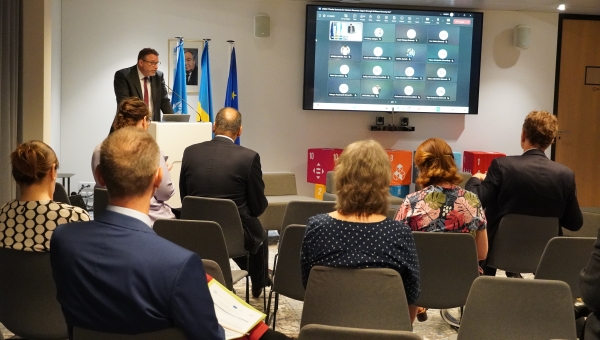
- Country: Regional
- Component: Other
Picture: Mr Thomas HAGLEITNER, Head of Unit at EU Directorate-General for Enlargement and Eastern Neighbourhood (DG ENEST)
What is the Circular Economy and Why Does it Matter?
The circular economy represents a fundamental shift from the traditional "take-make-waste" model to one where resources are kept in use for as long as possible, extracting maximum value before recovering and regenerating materials. For Eastern Partnership countries, this transition offers significant opportunities: reduced resource costs for businesses, new job creation, decreased environmental impact, and enhanced competitiveness in EU markets.
Building on Strong Foundations
The EU4Green Recovery East programme, with €21.3 million in funding for 2025-2028, represents the latest phase of EU support for sustainable development in the Eastern Partnership countries. Building on the success of previous initiatives like EaP Green and EU4Environmen-Green Economy—which helped establish policy frameworks, supported small and medium enterprises (SMEs) in going green, and introduced circular economy concepts— EU4Green Recovery East now focuses on practical implementation and scaling up successful practices.
The programme offers concrete support through digital tools that help businesses identify circular opportunities, demonstration projects that show real-world applications, expanded networks of Resource Efficient and Cleaner Production (RECP) Clubs for peer learning, and alignment with European standards to help local businesses access EU markets.
UNIDO (United Nations Industrial Development Organisation) is one of the implementing partners of the EU4Green Recovery East programme and is working to promote the circular economy in Eastern Partnership countries. To know more, read the leaflet about Circular Economy activities in the frame of the EU4Green Recovery East programme.
International Recognition and Knowledge Sharing
The UNIDO exhibition booth showcased practical results from previous EU-funded programmes at the World Circular Economy Forum 2025 (May 13-14), a premier global event where business leaders, policymakers, and researchers gather to accelerate circular economy solutions. The presented materials demonstrated how circular thinking has been successfully integrated into business operations and government policies across the Eastern Partnership countries with EU support.
A virtual acceleration session on May 15, co-organized by UNIDO with the Economic Cooperation Organization, emphasized the importance of regional cooperation in achieving sustainable transitions—a key principle underlying EU4Green Recovery East’s approach.
Armenia: Circular Thinking at the Agenda of Yerevan Dialogue
During the Yerevan Dialogue 2025, senior UNIDO representatives met with Deputy Ministers from Armenia's key ministries on May 27. These high-level discussions focused on how EU-supported programmes can accelerate Armenia's industrial modernization and green transition. The meetings built on previous successes in helping Armenian SMEs adopt eco-friendly practices and integrate circular economy principles into their operations.
Moldova: Green Industrial Transition
Moldova's experience illustrates how circular economy principles can transform industrial zones. Starting with a May 8 workshop on applying circular practices in industrial parks, the initiative culminated in a June 26 event in Chisinau showcasing concrete results from the Global Eco-Industrial Parks Programme (implemented by UNIDO, funded by the Swiss government)? which builds on previous feasibility studies at Tracom Industrial Park and Valkanes Special Economic Zone also discussed during the events. Here, UNIDO focuses on practical solutions like waste prevention through better design, industrial symbiosis (where one company's waste becomes another's input), and resource sharing among businesses.
Under EU4Green Recovery East, Moldova will benefit from detailed industrial waste mapping, digital tools for tracking resource flows, and enhanced business networking opportunities. The programme will also address emerging environmental challenges like pharmaceutical residues and microplastics in industrial wastewater—issues particularly relevant as Moldova aligns with EU environmental standards.
Ukraine: Recovery Through Circular Economy
Ukraine demonstrates how circular economy principles can support post-conflict reconstruction. Two major events in June showcased this potential:
On June 4, government officials and international partners gathered in Vienna at UNIDO headquarters to discuss Ukraine's Green Industrial Recovery, with EU4Green Recovery East positioned as a flagship initiative for sustainable reconstruction.
This was followed by an EU-UNIDO partner event in Brussels on June 23 during EU Green Week “Circular Economy for Ukraine’s Recovery”, where over 80 stakeholders—including business leaders, government officials, and civil society representatives—explored how circular economy can drive Ukraine's recovery.
A key document for that is UNIDO's strategic foresight study identifying five priority sectors for circular transformation: construction (crucial for rebuilding), food & beverages, electronics & ICT, plastics & packaging, and waste management.
The EU4Green Recovery East programme will support implementation of Ukraine's national Circular Economy strategy and establish a Circular Economy Hub to facilitate knowledge exchange within country and with the EU partners—a model that will be replicated in other Eastern Partnership countries.
The EU4Green Recovery East programme's country-specific approach shows how circular economy principles can be adapted to different national contexts while maintaining coherence with broader EU environmental and economic objectives. As the programme continues through 2028, it positions Eastern Partnership countries to become more competitive in green markets while contributing to global sustainability goals.
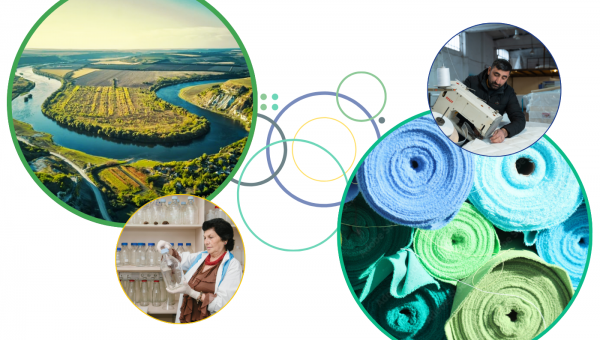
- Country: Regional
- Component: Water resources, Environmental Data
The EU4Green Recovery East programme has officially launched with online kick-off meetings in February and March. This €21.3 million EU-funded programme (2025-2028) supports a greener, more resilient, and competitive economy across the Eastern Partnership region.
Building on a decade of EU cooperation, the programme focuses on circular economy, sustainable water management, environmental data, and legal alignment with EU standards. With the inception phase now underway, project partners are engaging directly with beneficiaries in each country to tailor activities to national priorities.
Implemented by five partners: Expertise France with the French International Office for Water (OiEau), OECD, UNECE, UNIDO, and the Environment Agency Austria (UBA), as the consortium coordinator. , the programme reinforces the EU’s commitment to green transition and regional cooperation.


